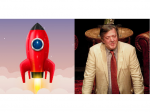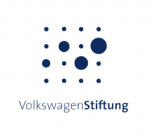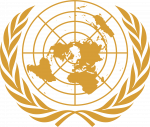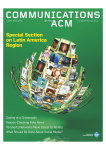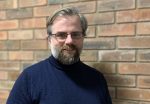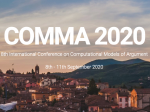
This week sees the Eighth International Conference on Computational Models of Argument (COMMA 2020) and ARG-tech is well-represented at the main conference and the workshops.
COMMA 2020
Chris Reed will deliver the opening invited keynote on Argument Technology from Philosophy to Phone, charting 20 years of research into Argument Technology.
Abstract: Computational models of argument have vast potential to transform human reasoning and decision-making wherever it occurs – taking theories rooted in philosophy, developing algorithms in data science, natural language processing and AI, and engineering solutions that could end up on a phone in everyone’s pocket. Fulfilling that potential, however, is enormously challenging. Sometimes, what’s required is overhauling our most fundamental theories to accommodate real world phenomena: arguments in the real world, for example, most typically occur in multi-party contexts, so new theories have had to be developed to account for and handle dialogical, dialectical and interactional aspects of argumentation, whilst still supporting formally well-understood phenomena such as abstraction and acceptability, audiences and values, lexical semantics and argument structure.
Papers and demonstrations
Mark Snaith. An Argument-based Framework for Selecting Dialogue Move Types and Content
Read the paper on the IOS Press website
Rory Duthie, John Lawrence, Chris Reed, Jacky Visser and Dimitra Zografistou. Navigating Arguments and Hypotheses at Scale.
Read the extended abstract on the IOS Press website
Matt Foulis, Jacky Visser and Chris Reed. Dialogical Fingerprinting of Debaters.
Read the extended abstract on the IOS Press website
Iwan Ittermann and Brian Plüss. PEOPLES: From Private Responses to Messages to Depolarisation Nudges in Two-Party Adversarial Online Talk.
Read the extended abstract on the IOS Press website
Mark Snaith, John Lawrence, Alison Pease and Chris Reed. A Modular Platform for Argument and Dialogue.
Read the extended abstract on the IOS Press website
ArgVis 2020 workshop (co-organised by Brian Plüss and Rory Duthie)
Matt Foulis, Jacky Visser and Chris Reed. Interactive Visualisation of Debater Identification and Characteristics.
Summer School on Argumentation (SSA 2020)
Chris Reed will deliver an invited talk on Bridging the gap from linguistic to computational models of argument.
Abstract: One of the ways in which the COMMA community is composed of different threads of research is the varying extent to which use is made, on the one hand, of linguistic models, and, on the other, of formal techniques. Linguistic models have much to say about what an argument is, about how it is composed, and how it is situated in the world. Formal (both structured and abstract) models focus instead on a much narrower conception of what an argument is, and much more on one argument’s interactions with others. We have learnt that the Argument Interchange Format is an effective way of delivering data from the linguistic world and delivering computation back from the formal world, yet AIF on its own cannot handle real world data directly. This talk will summarise Inference Anchoring Theory, a technique that ties together discursive activity with formal structure, all of which can be represented in AIF and transported across the bridge to the rich formal and computational techniques.






